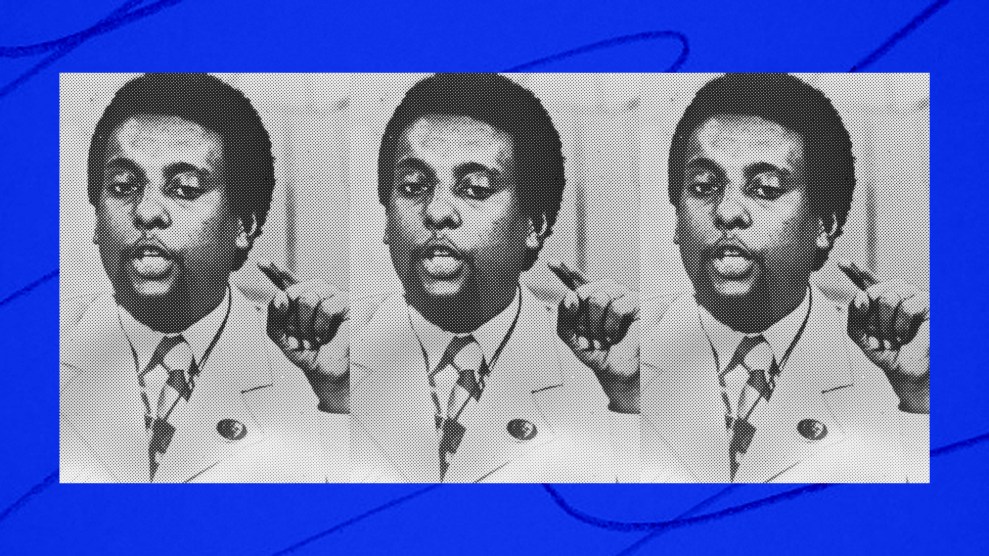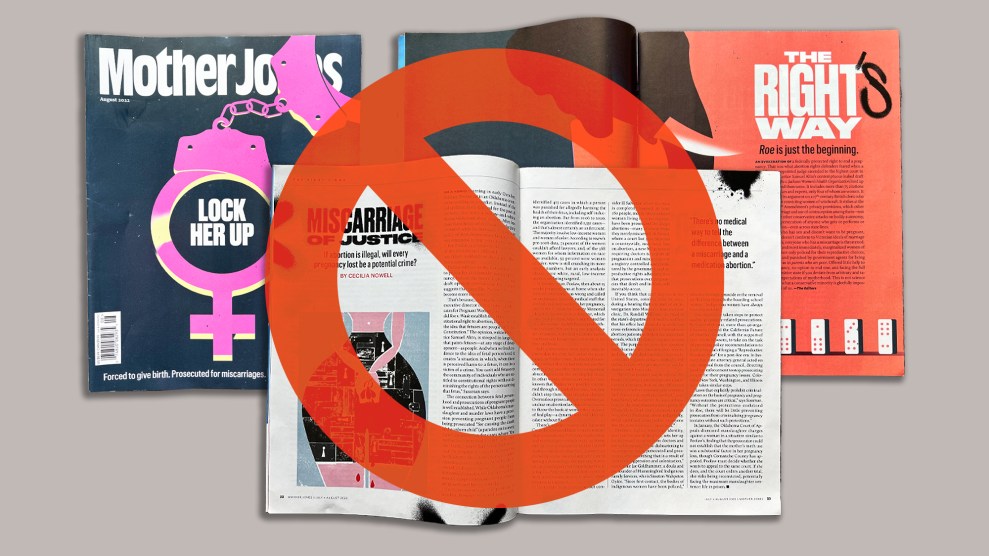I used to spend the first three weeks of December agonizing over holiday presents, but I’ve put an end to my seasonal anxiety by giving only novels as gifts. The idea came to me one day while I was reflecting on a favorite quote from Voltaire: “The instruction we find in books is like fire. We fetch it from our neighbors, kindle it at home, communicate it to others, and it becomes the property of all.”
This observation rings especially true when it applies to the genre of socially conscious novels, works that speak out against environmental, social, economic, and political injustices and extend the boundaries of our compassion. These novels teach us about who we are as individuals and as a nation. They inform us, as no other medium can, about the state of our national soul and character — about the difference between who we say we are and how we actually behave. Every book on this list would make a fine holiday present because they can all illuminate the imagination of the receiver. What better gift can one give?
Original Sins
By Lisa Alther. Knopf, 1981.
Set in the ’60s South, this intelligent and absorbing story details the challenges, dreams, and follies of the era. The novel transcends the differences between races in an insightful and generous manner.
Shadow Play
By Charles Baxter. Norton, 1993.
The assistant city manager of a small, depressed town in Michigan sees his life fall apart when the chemical plant he lured to town turns out to be an environmental disaster.
The Memory of Old Jack
By Wendell Berry. Counterpoint, 1974.
The life of an aging Kentucky farmer mirrors America’s changing values in this graceful, poetic novel.
Confessions of Madame Psyche
By Dorothy Bryant. Ata, 1986.
The 20th century, as experienced by a Chinese American woman, serves as a metaphor for California and our nation’s multicultural experience.
The Book of Daniel
By E.L. Doctorow. Random House, 1971.
A brilliant, angry story of two children whose parents were executed as spies during the Cold War.
A Yellow Raft in Blue Water
By Michael Dorris. Warner, 1987.
Compassionate and psychologically complex, this novel spans three generations of Native American women in the Pacific Northwest — on and off the reservation — who share a fierce independence and a love of family.
Ellen Foster
By Kaye Gibbons. Algonquin, 1987.
An exhilarating and endearing tale of an 11-year-old orphan, who calls herself “old Ellen,” moving from one woebegone situation to another with spirit and determination.
The Dogs of March
By Ernest Herbert. Viking, 1979.
The American dream goes belly-up in this brilliant, sensitive, and funny account of what it’s like to be a disposable New England mill worker in the post-industrial economy.
Henry and Clara
By Thomas Mallon. Ticknor & Fields, 1994.
Clara and Henry, the young couple in the box with Lincoln when he was shot, are the focus of this riveting account of the political and cultural conflicts of the Civil War era.
The Middleman and Other Stories
By Bharati Mukherjee. Grove Press, 1988.
This profound and often funny book profiles the struggles of recent immigrants to America.
Bone
By Fae Myenne Ng. Hyperion, 1993.
A clear and emotionally powerful novel that takes us into the heart and inner secrets of a family in San Francisco’s Chinatown.
The Magic Journey
By John Nichols. Holt, Rinehart and Winston, 1978.
Forty years of “progress” boil down to greed, power, money, and cultural genocide in this insightful portrait of Sun Belt development.
Caucasia
By Danzy Senna. Riverhead, 1998.
Birdie Lee’s black father flees in the ’70s, and her white, activist mother is forced to take the girl underground, where Birdie copes with adolescence and the complexities of her racial identity.
My Year of Meats
By Ruth L. Ozeki. Penguin, 1998.
A feisty Japanese American filmmaker takes on the beef industry, chemical corporations, and commercial advertising in this witty, provocative, muckraking novel.
Machine Dreams
By Jayne Anne Phillips. Dutton, 1984.
A chronicle of mid-American family life, from the Depression to Vietnam, about identity, shifting values, and the ironies of a rapidly changing America.
A Flag for Sunrise
By Robert Stone. Knopf, 1981.
A look at how your tax dollars were spent in El Salvador, Guatemala, Nicaragua, and Honduras. A true-to-life depiction of a low-level CIA operative.
Imagining Argentina
By Lawrence Thornton. Doubleday, 1987.
Set in the ’70s, when thousands of Argentines were disappeared by the military junta. A powerful story with a universal theme.






